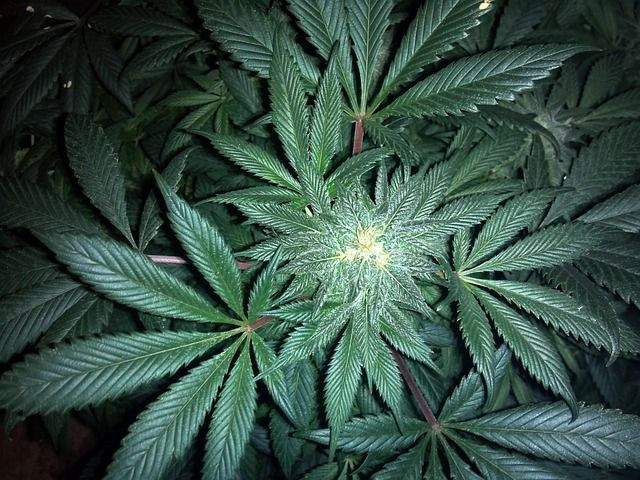Marijuana Use May Trigger Schizophrenia In Teens With Family History Of Condition

We have long known that schizophrenia, a brain condition that affects about one percent of the U.S. population, has genetic roots, but new research suggests that the condition may be triggered by environmental factors, particularly marijuana use. According to the research, smoking pot during adolescence may serve as a catalyst for schizophrenia, but only in individuals already predisposed to the condition.
The study, now published online in Human Molecular Genetics, found that marijuana is often associated with patients' “first episode” of schizophrenia. While this may sound grim, especially to those with a family history of the condition, there is good news: The team also found a way to block this catalyst effect, in mice at least, but hope that it may one day be used in humans.
See Also: Marijuana Health Risks: Smoking Too Much Marijuana Raises Chance Of Psychosis
"This research clearly has implications in terms of public health," said lead study researcher Dr. Dani Offen in a statement on ScienceDaily."The novel protective mechanism identified in the study may serve as a basis for the future development of compounds capable of [minimizing the harmful] effect of cannabis on brain development."
For the study, the team exposed mice with a genetic susceptibility to schizophrenia to THC, the psychoactive compound found in marijuana. As controls, the team gave the drug to mice without a susceptibility to the disease, and also observed genetically susceptible mice that were not exposed to marijuana. The mice were either given marijuana or observed during a time of their lives that was equivalent to human adolescence. This time is when first episodes of schizophrenia often occur. Results showed that only the genetically susceptible mice developed abnormal brain patterns and behaviors after exposure to marijuana.
The team then noted that a specific brain factor, BDNF, which is found in the hippocampus, seemed to protect the mice without a genetic disposition from the catalyst effect of marijuana. When this factor was given to the genetically susceptible mice, they seemed to be protected from the effect of marijuana exposure.
Although it may be some time before this protective factor can be repeated in humans, the team argue their findings act as a warning for certain adolescents to avoid marijuana.
In addition to schizophrenia, marijuana use has also been associated with increased risk of psychosis. According to Medical News Today, psychosis is a temporary loss of contact with reality, and is regarded more as a symptom of a mental health condition than a condition itself. The symptoms can be marked by hallucinations, delusions, disorganization, or disordered thinking.
Source: Segal-Gavish H, Gazit N, Barhum Y, et al. BDNF Overexpression Prevents Cognitive Deficit Elicited by Adolescent Cannabis Exposure and Host Susceptibility Interaction. Human Molecular Genetics . 2017
See Also:
Published by Medicaldaily.com



























